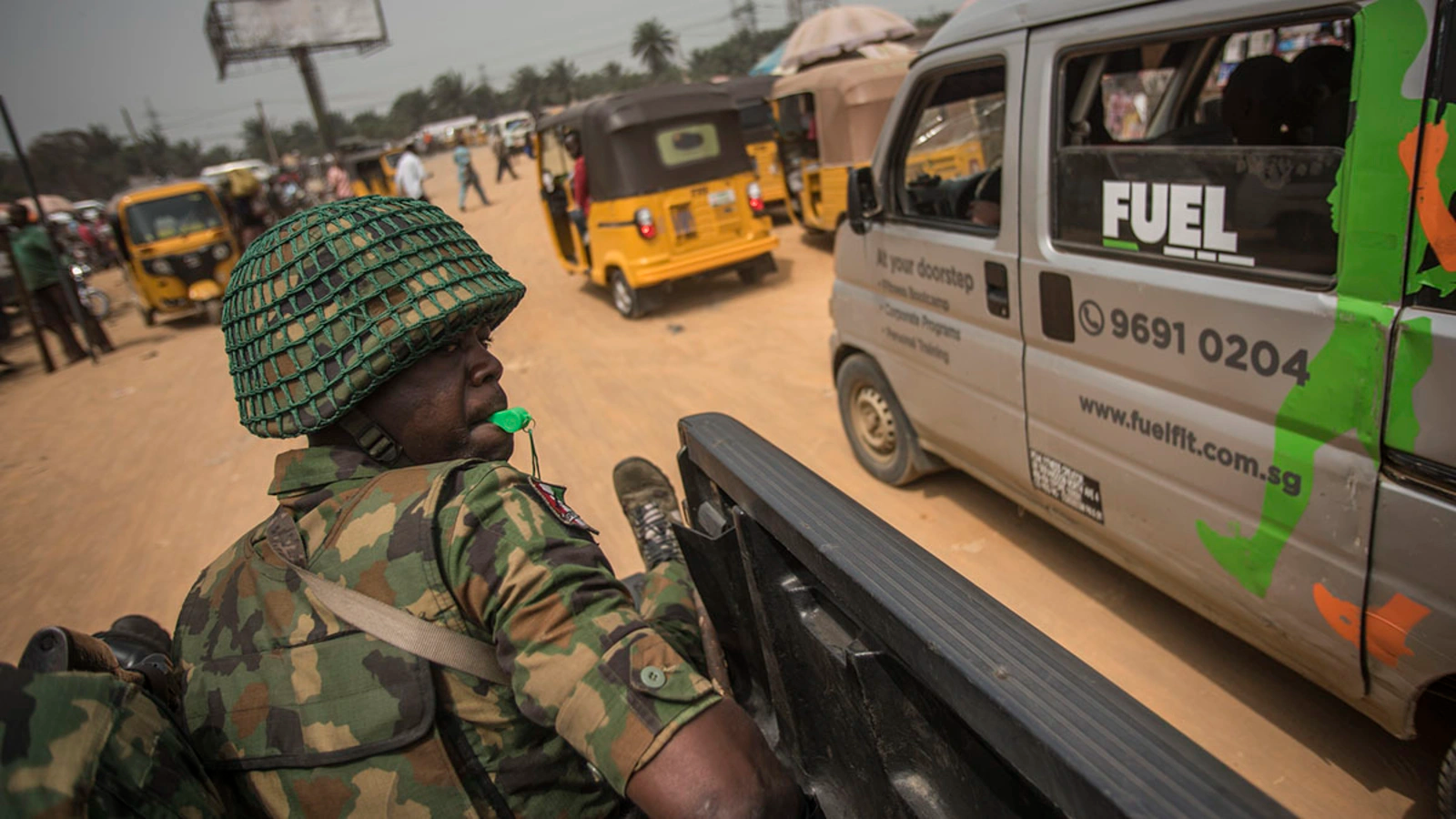The Nigerian military has intensified its efforts to foster peace and reconciliation in Southern Kaduna, a region long plagued by intercommunal violence and insecurity. Under the leadership of the Chief of Defence Staff, General Christopher Musa, a five-day peace initiative was recently launched across key local government areas in the region.
The initiative sought to engage local leaders, community representatives, and other stakeholders in dialogue aimed at addressing the root causes of the crises. Speaking during the program, General Musa reaffirmed the military’s commitment to promoting tolerance and unity in the area. “Our goal is not just to restore peace but to ensure it is sustainable. Dialogue, trust-building, and collaboration are essential to achieving this,” he said.
The peace campaign included workshops, town hall meetings, and cultural activities designed to bring together individuals from diverse ethnic and religious backgrounds. Key topics of discussion ranged from land ownership disputes to the need for equitable resource distribution and security arrangements.
Participants described the initiative as a welcome development, with many praising the military’s proactive approach to fostering harmony. Community leaders expressed optimism that the program could mark a turning point in the region’s history of conflict. “This is the first time we are seeing such a sustained effort to involve all stakeholders in finding solutions,” said a traditional ruler who attended one of the meetings.
Despite the positive reception, challenges remain. Experts have noted that achieving lasting peace in Southern Kaduna will require addressing systemic issues such as poverty, unemployment, and access to education. General Musa acknowledged these concerns, emphasizing that the military is working in tandem with other government agencies to ensure a holistic approach to resolving the crisis.
The initiative also highlighted the importance of community-driven solutions. Many participants stressed that long-term peace can only be achieved if local communities take ownership of the reconciliation process. The military pledged to continue its support by ensuring security, providing platforms for dialogue, and assisting with development projects.
With this initiative, the Nigerian military aims to demonstrate that peace-building is not solely about securing territories but also about rebuilding trust and relationships within communities.



